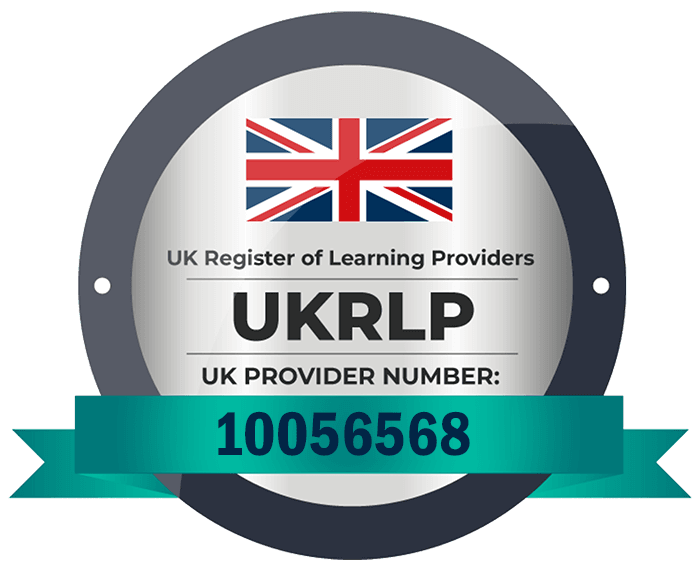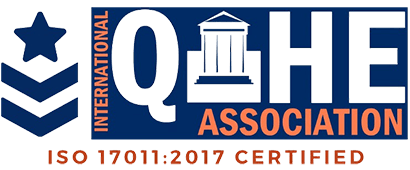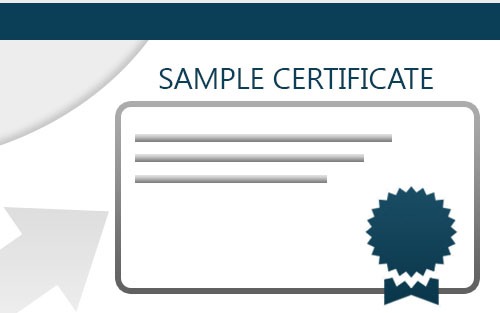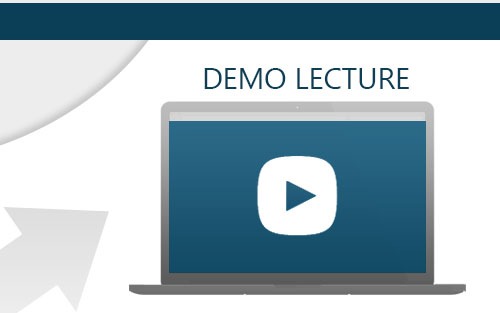Certified Supply & Logistics Professional (CSLP)
As global trade and business networks become increasingly complex, logistics and supply chains have become crucial to organizational success worldwide. To meet the increasing demand for skilled professionals, AIMS developed the Certified Supply & Logistics Professional (CSLP) — internationally recognized and globally accredited logistics courses online. The CSLP logistics certification online is flexible, job-oriented, and designed to enhance analytical and problem-solving skills across key logistics functions. This logistics certificate equips learners to manage partners and deliver high-value services to customers effectively. Whether you’re upskilling or starting fresh, CSLP certification lays a solid foundation for a successful career in logistics and supply chain management.
CSLP Certification Learning Objectives!
Level-4: CSLP Logistics Certification Online
Certified Supply and Logistics Professional (CSLP) is a career-oriented logistics certification that holds international accreditation and recognition. The program is designed to meet Ofqual Level 4 standards. The logistics course also awards three credit hours that can be transferred towards Diploma, MBA, and PhD programs for higher studies.
Logistics Courses: A Quick Overview
| Mode of Study: | Online and Self-Paced Learning. |
| Average Duration for Completion: | 1 to 2 months. |
| Online Study Resources: | Interactive lectures, Comprehensive e-Manual, Faculty Support, e-Library, and, Two online assignments. |
| What Do You Study? | Three-credit-hour courses. |
| Study Requirements: | 8 to 10 hours a week. |
| Certification Awarded: | Certified Supply & Logistics Professional (CSLP). |
How to Become a Certified Supply & Logistics Professional?
The CSLP logistics certificate is awarded to candidates who complete a logistics management course online. Online interactive lectures and a comprehensive study manual are available to students, explaining every topic with the help of real-world examples and case studies. Students are required to submit two online assignments and then request an online examination at their convenience. Here are the three steps for CSLP completion:

Logistics Course Curriculum!
AIMS’ logistics certification program begins with the fundamentals of supply chain and logistics management, and no prior knowledge or experience is required. The logistics course focuses on an in-depth study of the following areas:
Find out more about the detailed CSLP course outline and take advantage of our 35% fee scholarship.
Hear from Our Global Learners!
“The logistics certification from AIMS is a highly informative, job-oriented, and globally recognized program. The logistics courses online included in the CSLP certification are designed to meet international industry needs. This logistics training provides both a strong theoretical foundations and practical skills needed to manage today’s complex logistics and supply chain operations.”
“AIMS’ globally accredited logistics certification online program fit perfectly into my busy schedule. I studied only at my convenience, and the CSLP curriculum included everything I needed for my new role as a logistics manager.”
“AIMS offers one of the best online logistics courses. Its practical and up-to-date curriculum significantly boosted my career in logistics management. The online logistics training was clear, flexible, and the CSLP course content was full of practical knowledge, real-world examples, and case studies.”







